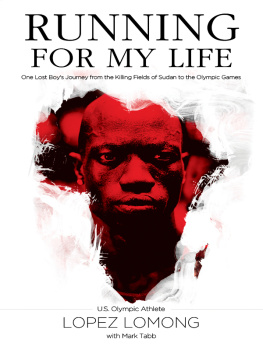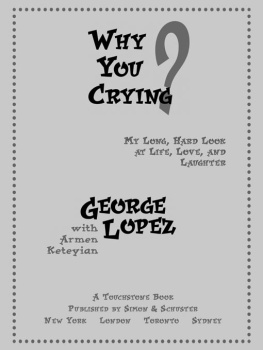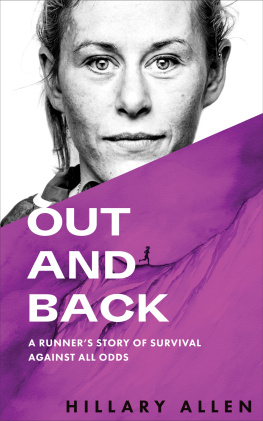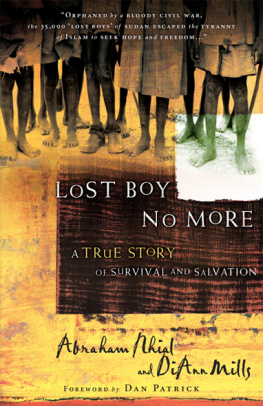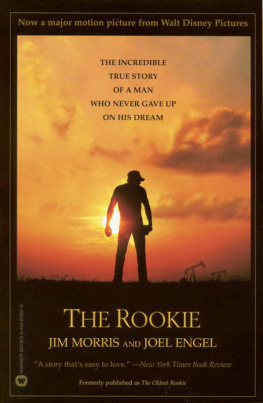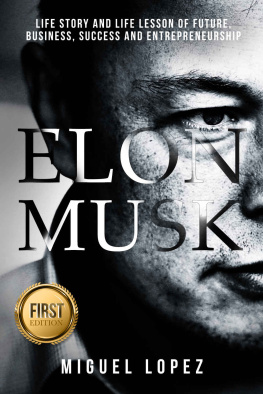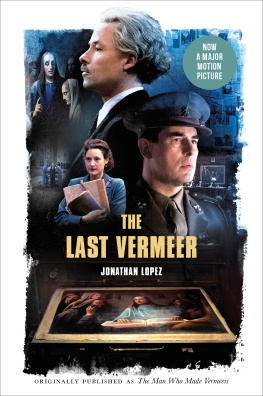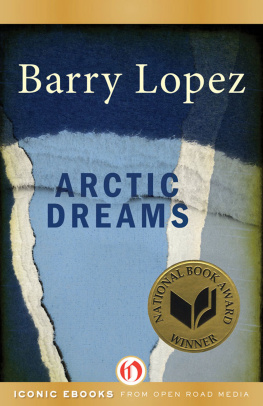
PRAISE FOR
Running for My Life
This true story of a Sudanese child refugee who became an Olympic star is powerful proof that God gives hope to the hopeless and shines a light in the darkest places. Dont be surprised if after reading this incredible tale, you find yourself mysteriously drawn to run alongside him.
RICHARD STEARNS, PRESIDENT WORLD VISION US
AND AUTHOR OF THE HOLE IN OUR GOSPEL
Lopez Lomongs story is one of true inspiration. His life is a story of courage, hard work, never giving up, and having hope where there is hopelessness all around. Lopez is a true role model.
MICHAEL JOHNSON, OLYMPIC GOLD MEDALIST
RUNNING
FOR MY LIFE
One Lost Boys Journey from the Killing Fields
of Sudan to the Olympic Games
LOPEZ LOMONG
WITH MARK TABB
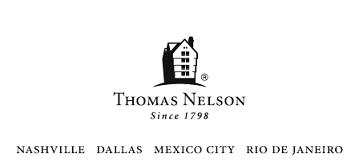
2012 by Joseph L. Lomong a/k/a Lopez Lomong
All rights reserved. No portion of this book may be reproduced, stored in a retrieval system, or transmitted in any form or by any meanselectronic, mechanical, photocopy, recording, scanning, or otherexcept for brief quotations in critical reviews or articles, without the prior written permission of the publisher.
Published in Nashville, Tennessee, by Thomas Nelson. Thomas Nelson is a registered trademark of Thomas Nelson, Inc.
Thomas Nelson, Inc., titles may be purchased in bulk for educational, business, fundraising, or sales promotional use. For information, please e-mail SpecialMarkets@ThomasNelson.com.
Scripture quotations are taken from Holy Bible, New Living Translation. 1996, 2004, 2007. Used by permission of Tyndale House Publishers, Inc., Wheaton, Illinois 60189.
All rights reserved.
Library of Congress Control Number: 2012937358
ISBN: 978-1-59555-515-1
Printed in the United States of America
12 13 14 15 16 QG 6 5 4 3 2 1
To my families in America and in South Sudan who have
always believed in me. And to all the children left behind
may their voices be heard through my words.
Contents
ONE
Taken!
M y eyes were closed in prayer when the trucks pulled up. I heard them before I saw them. When I looked up, I saw soldiers pouring out of the back of the trucks. They appeared nervous, as though they wanted to get this over with as quickly as possible. Everybody down! Now! they shouted as they ran into the middle of the congregation. I knew our country was at war. About once a month my mother and father grabbed me and my brothers and sister and ran for shelter as bombs fell in the distance from airplanes that flew far overhead. But I had never seen a soldier until this bright, summer Sunday, and I had never expected to see soldiers invade an outdoor church service.
The soldiers continued running and shouting. Our priest tried to reason with them. Please do not do this now, he said.
The leader of the soldiers ignored him. Were taking the children! he screamed.
I did not know what he meant by that. I would soon.
My parents dropped to the ground, pulling me down with them. I huddled close to my mothers side. She wrapped her arm so tightly around me that my ribs hurt. All around me people screamed and cried. I started crying too. My mother tried to calm me, but she was as frightened as I was.
Suddenly I felt a hand on my back. I looked up and saw a giant man standing over me. When you are a little boy, every adult looks like a giant. His gun was slung behind his back. A chain of bullets hung across his chest. My mother pleaded with him. No, no, no! Dont take my boy! The soldier did not reply. With one hand he yanked my mothers arm off me while picking me up with the other. He dragged me past the giant tree at the front of our church and toward the trucks. Hurry up. Lets go! he yelled. All around me, other soldiers herded boys and girls and teenagers toward the trucks, all the while yelling for everyone to speed up.
I turned around. My mother and father were off the ground, chasing after me. Tears ran down their faces. They were not alone. All across our church parents chased their children, weeping and wailing. Please do not take our children, they begged. Please, please, we will do anything you askjust do not do this.
One especially giant soldier swung back around toward our crying parents. He waved his gun in the air and screamed, One more step and we will open fire! I could not see what happened next. I felt myself being picked up and thrown into the back of one of the trucks. I bounced off another boy and landed on the hot, dirty, metal truck bed. The truck was full of children from my church. A green canopy covered the top and sides of the truck bed, so I could not see out. Suddenly, the tailgate slammed shut and the truck lurched forward.
I did not know it at the time, but my childhood had just ended.
I was six years old.

The truck bounced down the road for three or four hours, but no one said anything to anyone else. I was too scared to start up a conversation. I guess everyone else was too. At first we all cried, but eventually that stopped. Instead we rode along in silence, everyone wondering what was going to happen to us.
The metal truck bed burned my bare feet. I tried standing on the tops of someone elses feet to cool mine off, but he pushed me away. It was so hot inside that truck. The soldiers had tied the canopy down tight on every side to keep us from jumping out. Unfortunately, he tied it so tight that no fresh air could squeeze through. The summer sun beat down on top of the truck, making it hotter and hotter in there. The light coming through the canopy gave everyone a green tint. Road dust seeped in through holes in the bed, which made it even harder to breathe.
Sweat poured down my face and stung my eyes. My clothes were soaked. The dirt in the bed of the truck turned to mud from all the sweat pouring off so many children crammed into that small space.
This was my first trip in a truck or any kind of car. In my village, everyone walked wherever we needed to go. Everyone but me. I did not walk. I ran. My parents named me Lopepe, which in our language means fast. As a little boy, I lived up to my name. I never did anything slow. When my mother sent me to get water, I raced down to the river with my five-liter tin can and ran back as fast as I could. When she needed salt, I ran to the neighbors to borrow some and raced back so fast that it was almost as though she had the salt right there in our hut. Even though I ran everywhere, I always imagined traveling in a car or truck would be even better. But sitting in the stifling heat in the back of the army truck, I dreamed of running back to my village and into my mothers arms.
Bouncing along in the truck, I noticed a couple of kids lying down. I dont know if they fell asleep or just passed out. Either way, I knew I didnt want to lie down on the hot, dirty truck bed. It was not just the heat. I didnt want to spoil my Sunday best shorts and shirt my mother had put on me before we left our hut for church. I still did not fully grasp the fact that my lifethe life of racing my dad to our farm and playing with my brothers and sister and going to church under the trees every Sundaywas over.

Eventually the trucks brakes squeaked loudly and we came to a stop. I did not know where we were. The back canopy flew open. Finally, a breath of fresh air. Four or five soldiers jumped in. One grabbed a boy, threw something around his head, and then dropped him down out of the truck. Before my mind could process what happened to the boy, a pair of hands grabbed me. Everything went dark as the hands wrapped a blindfold tightly around my head. It was so tight I could feel my pulse throbbing in my temples.
Next page
